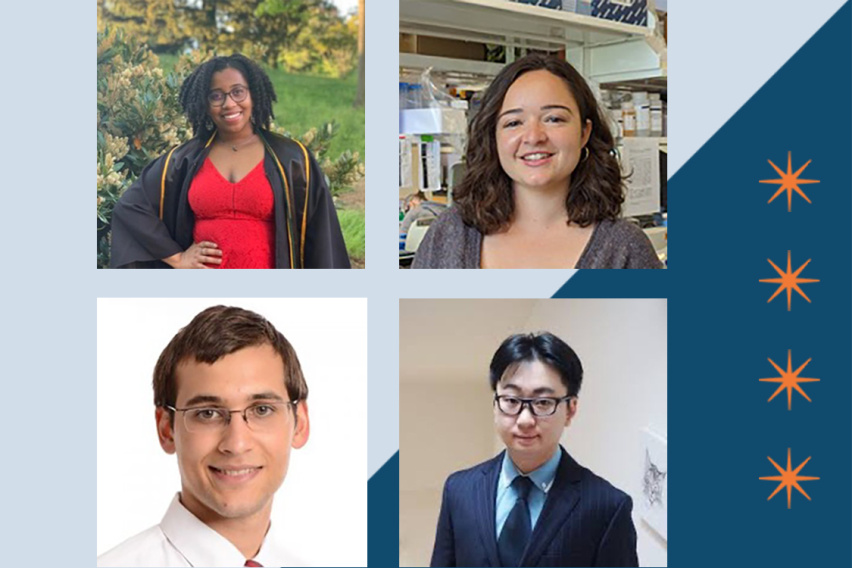MIT News
October 26, 2020
Tyler Jacks will step down from his role as director, pending selection of his successor. Jacks, a David H. Koch Professor of Biology and Daniel K. Ludwig Scholar, has served as director for more than 19 years, first for the MIT Center for Cancer Research (CCR) and then for its successor, the Koch Institute.
“Tyler Jacks turned the compelling idea to accelerate progress against cancer by bringing together fundamental biology, engineering know-how, and clinical expertise, into the intensively collaborative environment that is now the Koch Institute for Integrative Cancer Research,” says Susan Hockfield who, as then-MIT President, strongly supported the Koch Institute’s formation. “His extraordinary leadership has amplified the original idea into a paradigm-changing approach to cancer, which now serves as a model for research centers around the world.”
During his tenure, Jacks and his colleagues shepherded the creation of numerous centers and programs to support cross-disciplinary research in high-impact areas and expedite translation from the bench to the clinic. Institude Professor Phillip Sharp, a Nobel laureate and himself a former director of the CCR, will lead the search for the next director of the Koch Institute, with guidance from noted leaders in MIT’s cancer research community.
After Jacks steps down, he will continue his research in the areas of cancer genetics and immune-oncology and his teaching, while also stewarding the Bridge Project into its second decade.
